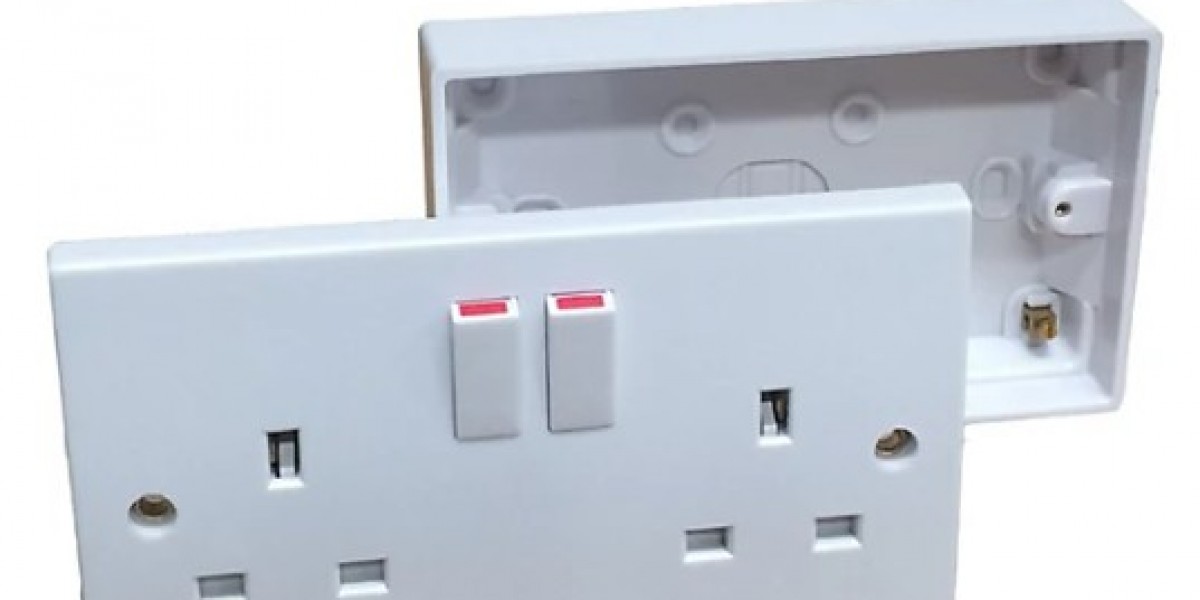What Are Real Estate Investment Trusts (REITs)?
REITs are companies that own, operate, or finance income-generating real estate. They pool funds from multiple investors to purchase and manage a diverse portfolio of properties. These properties can include office buildings, shopping malls, apartments, warehouses, and even healthcare facilities.
Most REITs are traded on major stock exchanges, which means you can buy and sell them just like regular stocks.
Why Choose REITs as a Beginner?
If you’re new to investing, REITs are an attractive option for several reasons:
Low Barrier to Entry: You can start investing with a small amount of money.
Liquidity: Unlike owning physical property, REIT shares are easy to sell.
Diversification: Investing in a REIT exposes you to a portfolio of properties, reducing risk.
Steady Income: REITs are legally required to pay out at least 90% of their taxable income as dividends.
No Property Management Hassles: You get the benefits of real estate without the responsibilities of being a landlord.
Types of REITs
Understanding the different types of REITs can help you make smarter investment choices:
1. Equity REITs
These REITs own and operate income-producing real estate. Most of their income comes from rent collected from tenants. Equity REITs are the most common and popular among investors.
2. Mortgage REITs (mREITs)
Instead of owning properties, these REITs provide loans or invest in mortgages. They earn money through the interest on these loans. They can be more volatile and sensitive to interest rate changes.
3. Hybrid REITs
These REITs combine the strategies of equity and mortgage REITs, owning properties while also providing financing.
How to Start Investing in REITs
Step 1: Educate Yourself
Before investing, take some time to understand the REIT sector. Read about different REITs, market trends, and the economic factors that influence them.
Step 2: Choose the Right Platform
You can invest in REITs through:
A brokerage account
REIT mutual funds or ETFs
Robo-advisors
Choose a platform that fits your budget and investment style.
Step 3: Research Individual REITs
Look into:
The type of properties they manage
Dividend yield and payment history
Company’s financial health
Market performance and analyst reviews
Step 4: Diversify Your Investment
Don’t put all your money into one REIT. Spread your investment across different REIT types and sectors (residential, commercial, industrial, etc.) to reduce risk.
Pros and Cons of REITs
✅ Pros:
Regular income through dividends
Easy to buy and sell
Professional property management
Access to real estate markets with low capital
❌ Cons:
Dividends are taxed as ordinary income
Limited capital appreciation compared to stocks
Sensitive to interest rate changes
Market risk like any stock investment
Best Sectors in REITs for Beginners
Some real estate sectors are more stable and beginner-friendly:
? Residential REITs
Invest in apartment complexes and rental housing. These are relatively stable since people always need places to live.
? Retail REITs
Include shopping malls and retail stores. Do research carefully—this sector can be affected by e-commerce trends.
? Healthcare REITs
Invest in hospitals, nursing facilities, and medical offices. As the global population ages, this sector is expected to grow.
? Office REITs
These own office buildings and generate income from long-term leases. However, post-COVID work-from-home trends may affect their performance.
What to Look for in a REIT
When evaluating a REIT, consider these factors:
Dividend Yield: Indicates how much return you’ll get in dividends relative to the share price.
Funds From Operations (FFO): A key measure of a REIT’s performance, similar to earnings for regular stocks.
Occupancy Rate: Higher rates mean more income from rent.
Debt Levels: Low debt is usually better, as it reduces financial risk.
Common Questions About REITs
❓ Are REITs Safe?
No investment is 100% safe, but REITs are considered relatively stable, especially those that invest in essential sectors like housing and healthcare.
❓ Can I Reinvest Dividends?
Yes! Many REITs offer Dividend Reinvestment Plans (DRIPs), allowing you to buy more shares using your dividends.
❓ How Are REITs Taxed?
REIT dividends are taxed as regular income, not as capital gains. Keep this in mind when filing your taxes.
Final Thoughts: Should You Invest in REITs?
If you're a beginner looking for a low-cost, low-effort entry into real estate, REITs can be an excellent choice. They offer regular income, diversification, and access to professional real estate management without needing to buy property yourself.
Important Links
Best executive condominiums in singapore 2025
Cheapest Freehold Condos in Singapore: Affordable Options for Buyers
What’s the Difference Between an HDB and a Condo
Buying Property Near MRT in Singapore
Boulevard Coast Jalan Loyang Besar EC
Boulevard Coast Jalan Loyang Besar EC
































